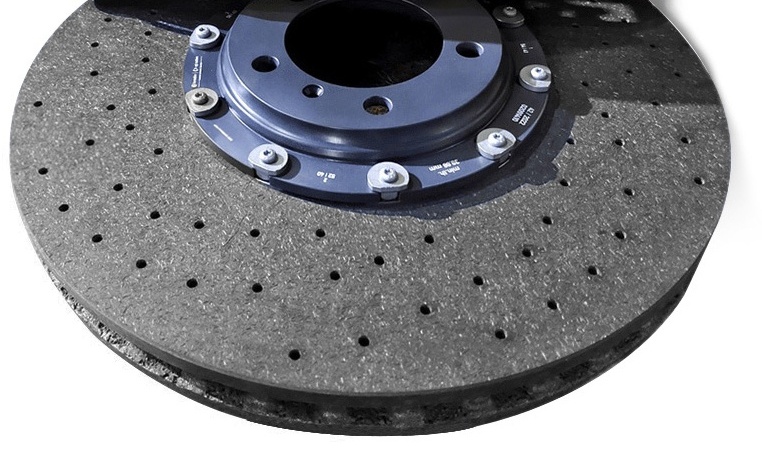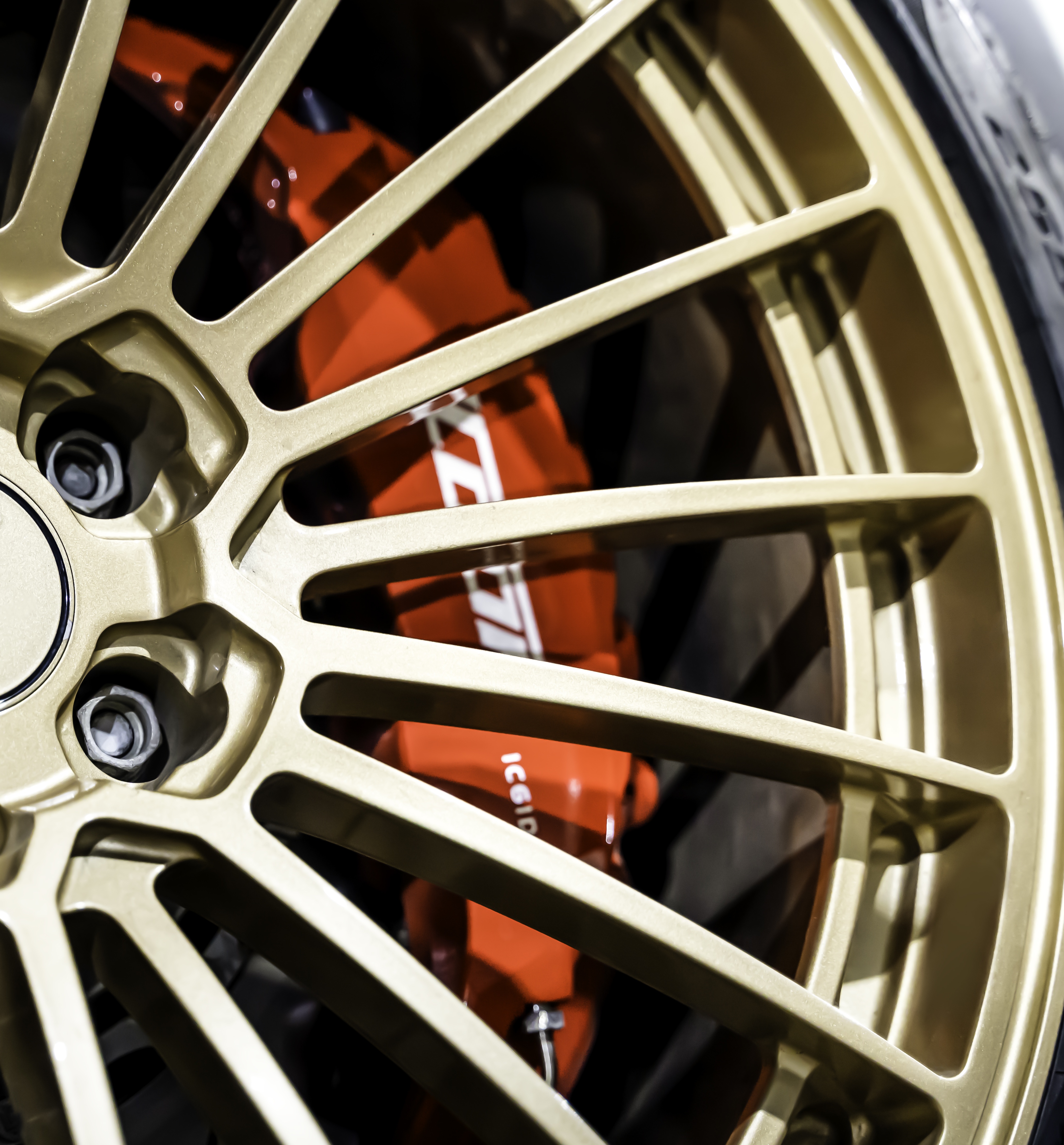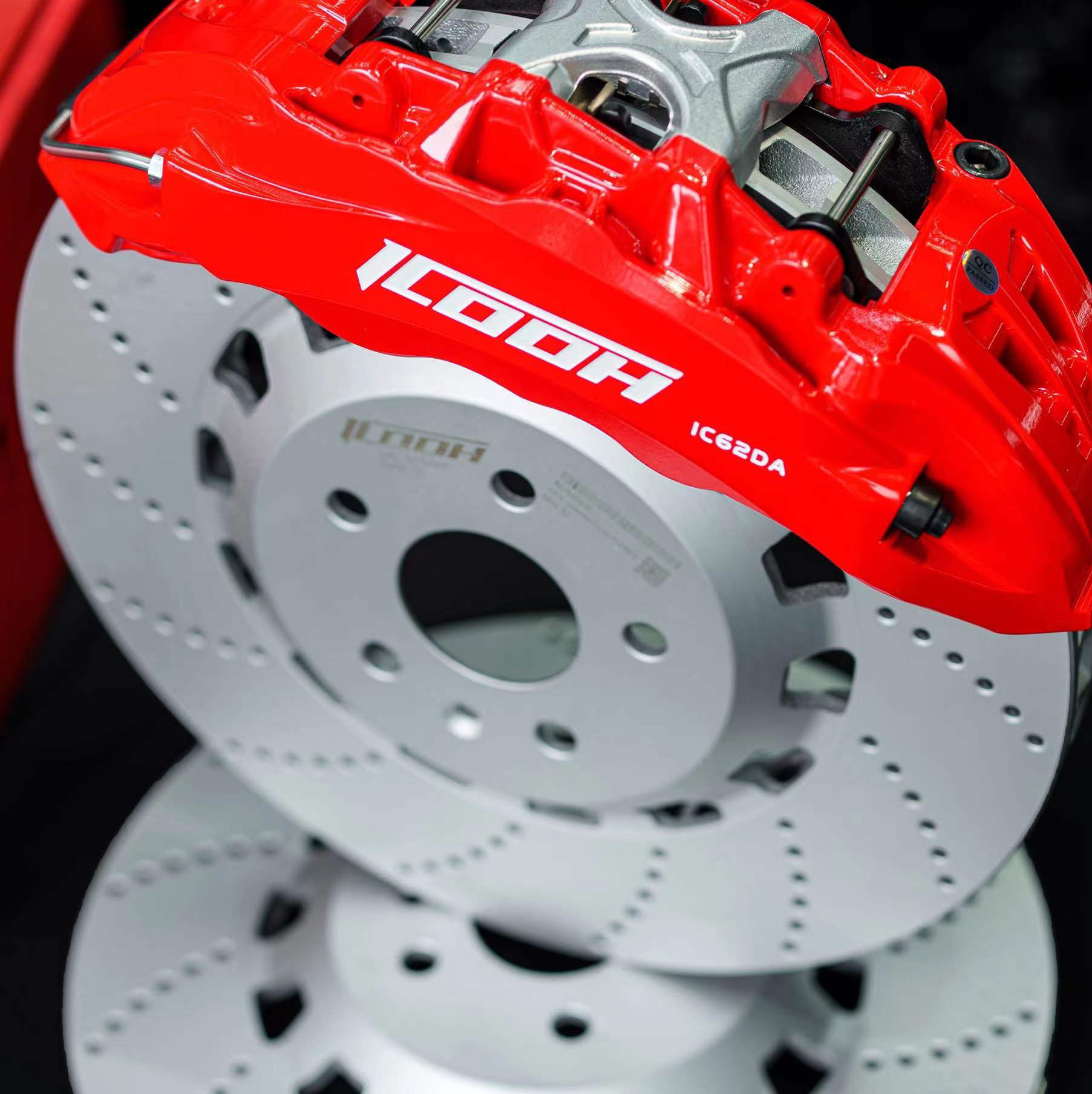The Crucial Role of Automobile Equipment in Racing Competitions
In the heart-pounding world of racing, where speed is king and victory hangs on the edge of a knife, every component of a race car plays a pivotal role. While the skill of the driver and the strategic genius of the team are undeniably important, it is the quality and performance of the automobile equipment that often make the crucial difference between triumph and defeat.
From the sleek aerodynamic design of the chassis to the high-performance engines that roar with power, every aspect of a race car is meticulously engineered for maximum speed and efficiency. Each component must work seamlessly together to create a winning machine capable of conquering the track with precision and agility.
Tires, the only point of contact between the car and the road, are perhaps one of the most critical pieces of equipment. Specially designed racing tires provide the necessary grip and traction to navigate tight turns and high-speed straights with confidence. Tire selection and management can make or break a race, as worn-out or improperly inflated tires can lead to loss of control and costly pit stops.
The engine, the beating heart of any race car, is another essential component that can determine the outcome of a race. High-performance engines deliver the horsepower and torque needed to accelerate down straightaways and overtake competitors with ease. Engineers spend countless hours fine-tuning engine performance to extract every last drop of power while ensuring reliability under the extreme stresses of racing.
Brakes, often overlooked but equally crucial, allow drivers to control their speed and safely navigate corners. Racing brakes are designed to withstand the intense heat generated during braking while providing consistent stopping power lap after lap. A momentary lapse in brake performance can spell disaster on the track, making brake selection and maintenance a top priority for teams.
Suspension systems play a vital role in keeping the car stable and responsive to driver inputs. Adjustable shock absorbers and sway bars allow teams to fine-tune the car's handling characteristics to suit different track conditions and driving styles. A well-tuned suspension can give drivers the confidence to push the limits of their car while maintaining control through every twist and turn.
Even the smallest components, such as nuts, bolts, and fasteners, can have a significant impact on a race car's performance. Lightweight materials and precision engineering minimize weight while ensuring structural integrity, reducing the car's overall mass and improving acceleration and handling.
In racing, winning and losing can come down to tiny margins. Every part of a race car needs to be top-notch. While driver skill and team strategy matter, it's the quality of the car's equipment that often decides who wins. It's the difference between success and disappointment in the fast-paced world of racing.











